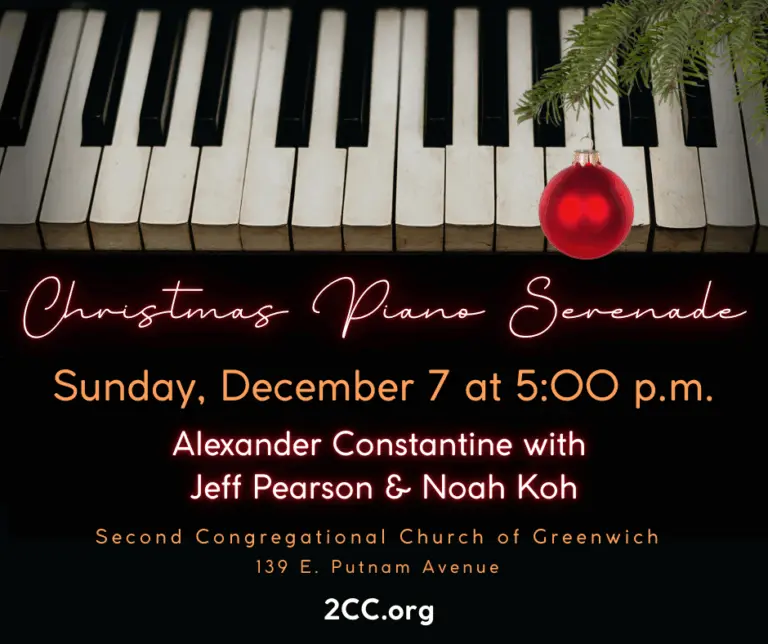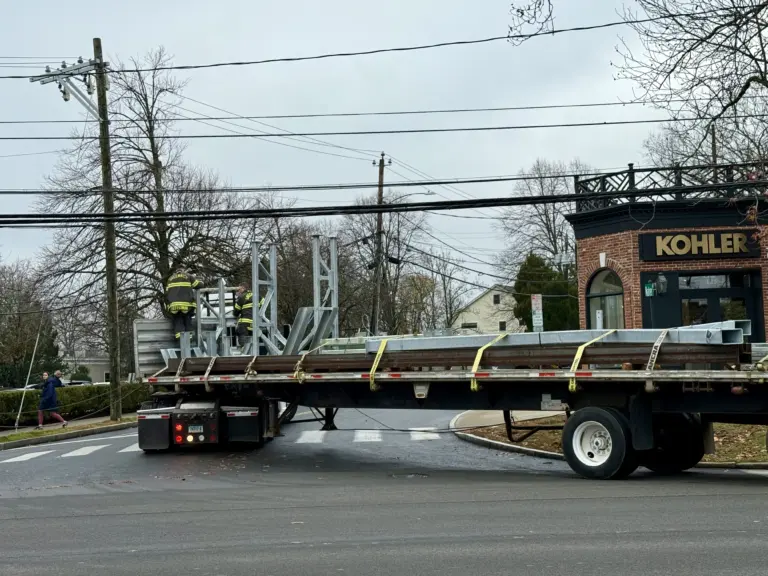By Marek Zabriskie
Although God called Abraham and Moses and Jesus called twelve individuals, the call was always a call to community – to be part of something greater than oneself.
We are living in difficult times when it’s hard to know what to say and what to do. So often, we feel impotent as if we have nothing to offer against the onslaught of things challenging the world that we share.
We read regularly about climate change, the melting of glaciers and destruction of coral reefs, and extremely odd weather. For twenty months we have been reading about Russia’s invasion of Ukraine and the brutal battles that have ensued. We look on in horror.
Since October 6th, we have read about Hamas’ horrific and unjustifiable brutal attacks on Israelis. These have been followed up by missiles and bombs dropped throughout the Gaza Strip in hopes of eradicating Hamas, but many of which have killed innocent civilians.
Then a mentally ill man in Maine gunned down 18 individuals in news that is so common that we are becoming immune to the pain and grief that this produces.
We offer prayers and wonder if they are heard. We read or listen or watch the news and wonder, “What next?” We ask ourselves, “How can I respond?” “What can my faith community, my town, or my country do to help?”
In these trying times community has never been more needed. The very thing that was taken away from us by the pandemic and restored once COVID was no longer such a present threat is what we need to anchor our lives.
It is the best cure to the suicide epidemic that has affected our nation. The Surgeon General tells us that the greatest pandemic that our nation and our world are facing today are loneliness and isolation.
Therefore, at Christ Church Greenwich we have made community building our chief focus. We don’t want anyone to be lonely or isolated in Greenwich, if we can help it. Loneliness and isolation guts us from within, hallowing us out, and making us feel extremely vulnerable.
With the growth of social media, we are now more connected than ever, and yet it is lonelier than ever for many people. We might have 3,000 friends on Facebook or hundreds of followers on Instagram, but at the end of the day we might feel completely alone.
Ironically or perhaps not, teenagers who are perhaps the most highly connected with social media self-report as the loneliness of all groups in the United States.
In the Christian tradition community was there from the start. Jesus recruited twelve followers, whom we call “the Apostles,” to walk with him and he shaped their lives. They, in turn, shared and embodied his message, which formed community of compassion and love.
They are just as needed today as they were back then. They have been the glue that held people together through natural calamities, wars, famines, floods, earthquakes, plagues, dictatorships, and other challenging times.
Western society emphasizes the role of the individual and competition often over community. Tocqueville worried that humans would undermine society by seeing themselves as a collection of independent monads rather than part of community.
The role of community is to restore damaged creation to what God originally envisioned – the Kingdom of God, a place of peace, safety, respect, co-existence of differing people, sharing and learning and contributing to one another.
In his book The Second Mountain author David Brooks writes, “A healthy community is a thick system of relationships. It is irregular, dynamic, organic, and personal. Neighbors show up to help out when your workload is heavy, and you show up when theirs is. In a rich community, people are up in one another’s business, know each other’s secrets, walk with each other in times of grief, and celebrate in times of joy. In a rich community, people help raise one another’s kids.”
So how is community restored, it is restored by people who put community over self and who work to weave lives together and form a thick network of real relationships. Getting to know our neighbors, reaching out to Jews, Muslims, and Christians in this time when the Middle East has become a powder keg, listening, learning, and just spending time together are all small, but important steps.
“Don’t let your neighbor drift along in lanes of loneliness,” Rabbi Joseph Soloveitchik writes. “Don’t permit him to become remote and alienated from you.”
Tell stories and listen attentively to others tell their stories. Whenever somebody shares a vulnerability they break the ice and compassion is present and life become more real, more authentic. Take the first step and be willing to do that with others.
Invite others over to dinner. Take the initiative to build connection. Pick up the phone. Write a letter. Introduce people who you know will find friendship and kinship with each other. Invest in things outside yourself and in our town. Together, we can weave a community of glorious relationships that will guide and hold us together through trying times.
The Rev. Marek Zabriskie is Rector of Christ Church Greenwich




